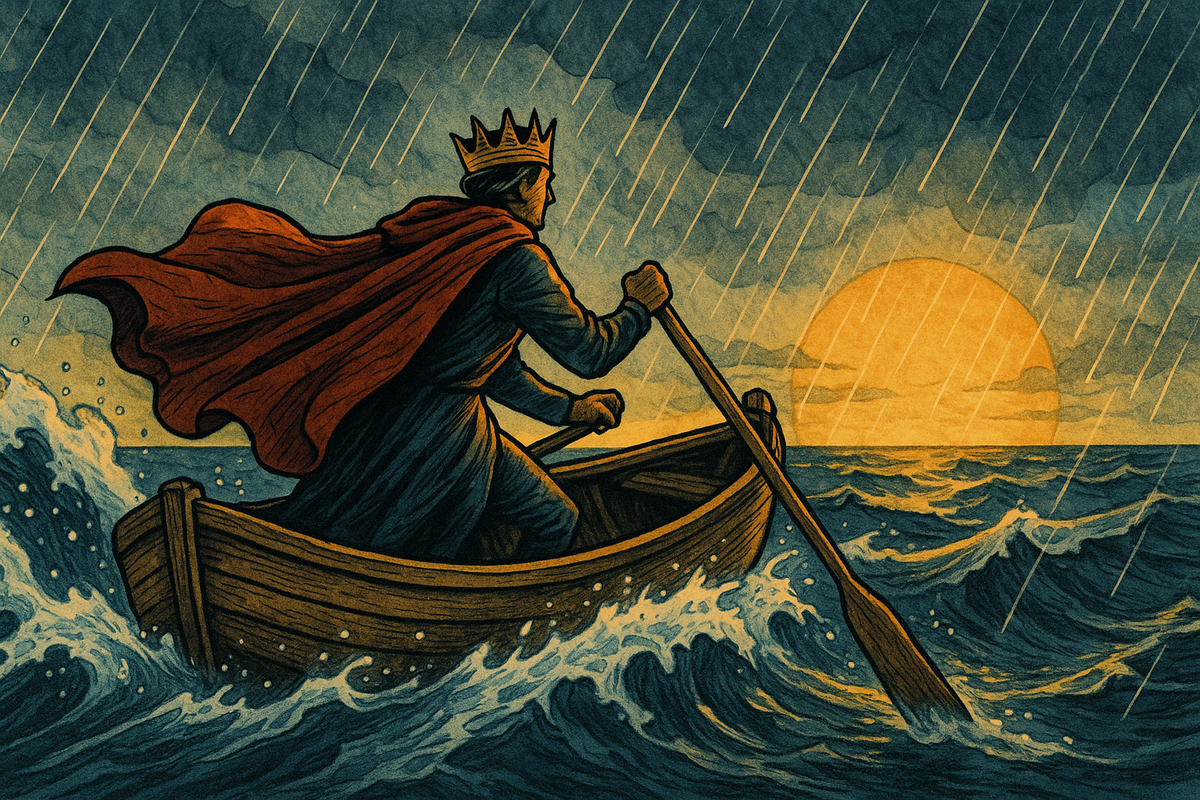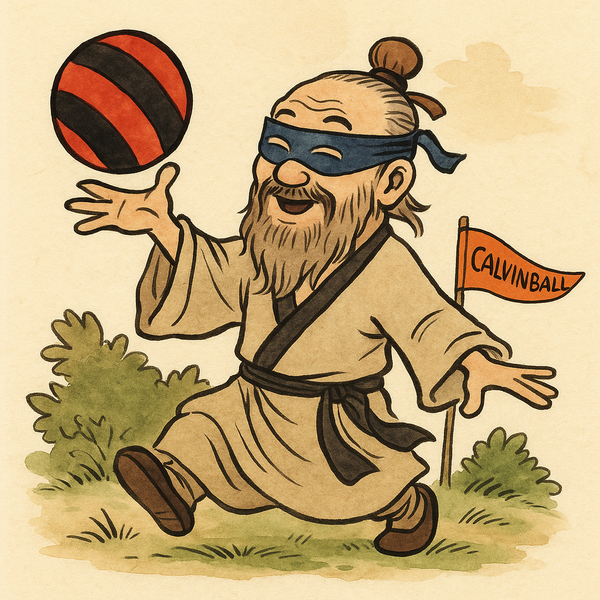Power & Immortality

On the red carpet in Beijing this week, as tanks rolled past in a parade commemorating the 80th anniversary of World War II’s end, the world witnessed an unusual moment. Xi Jinping, Vladimir Putin, and Kim Jong Un led the delegation of visiting leaders. But instead of discussing alliances or conflicts, Xi and Putin were caught on a hot mic speaking about organ transplants and the possibility of extending human life.
“Human organs can be continuously transplanted. The longer you live, the younger you become, and (you can) even achieve immortality,” Putin mused.
Xi replied: “Some predict that in this century humans may live to 150.”
The exchange—broadcast live on Chinese state television and relayed worldwide—was not about policy or war, but about the ancient obsession that has haunted rulers for millennia: how to escape death.
History is littered with such quests. Qin Shihuang, China’s first emperor, sent expeditions to find the mythical “elixir of life” and ingested mercury potions that may have hastened his death. Alexander the Great sought fountains and healers promising eternal youth. Gilgamesh, the Sumerian king of legend, wandered the earth searching for immortality after the death of his friend. Augustus, the first Roman emperor, turned to physicians and alchemists. Egyptian pharaohs, such as Tutankhamun and Ramses II, invested in elaborate burial practices and magical rituals, believing these would ensure eternal life in the afterworld. Pope Innocent VIII and Ivan the Terrible experimented with blood and mysticism. Again and again, power fears death.
Yet, none escaped the inescapable. Mortality limits ambition, and for some leaders, that limit is unbearable. Washington stepped away voluntarily, enshrining restraint as tradition. Theodore Roosevelt, still vigorous at fifty, regretted honoring that precedent. Today, it is not hard to imagine Trump, Xi, or Putin dreaming of both longer lives and longer reigns, unwilling to surrender what time eventually demands.
To rule is to confront the brevity of one’s own reflection. For those who hold great power, a lifetime is never long enough.


